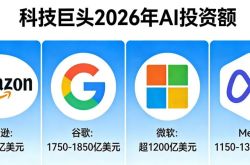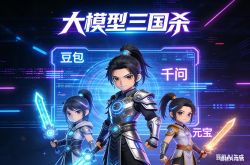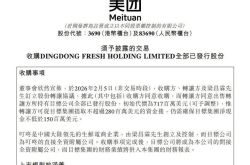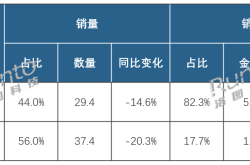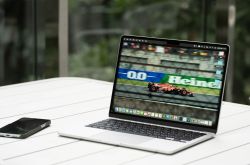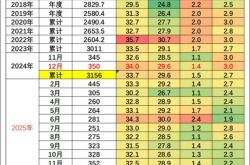Tesla launches a 'dad car'! Musk in a rush, Li Xiang worried?
![]() 11/21 2024
11/21 2024
![]() 456
456
Musk is drawing another pie.
On November 19, Musk posted on Platform X, implying that in addition to Robovan, Tesla is also developing 'something else,' 'which is good news for families needing seven seats.'
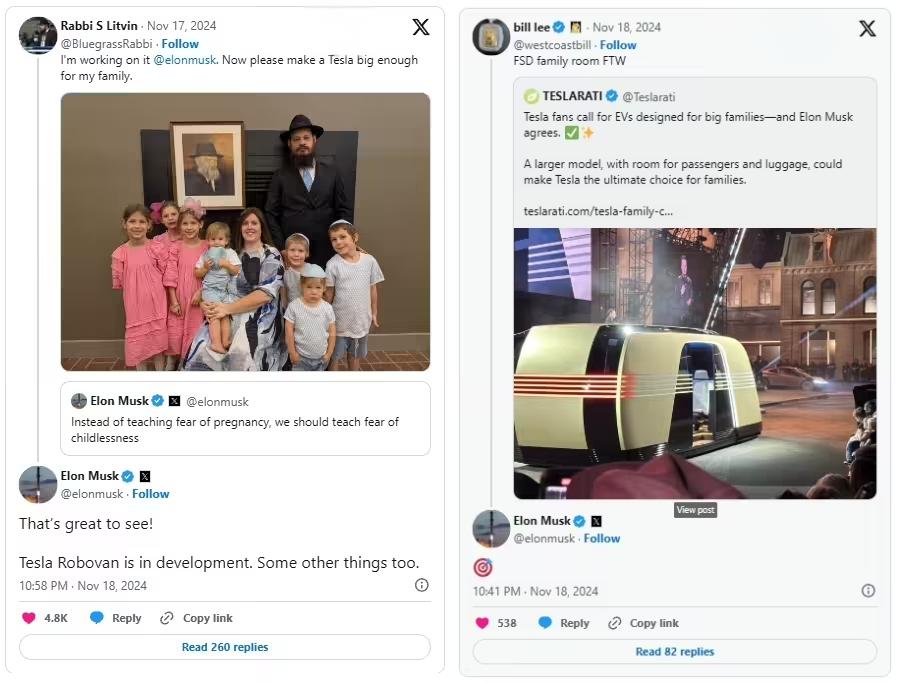
Image source: X@Elon Musk
The keywords 'seven seats' and 'large family' led many netizens to speculate that Tesla aims to directly compete with Li Xiang Auto's stronghold, introducing a dad SUV. Additionally, Musk hinted that another large vehicle, beyond this seven-seater, will be part of Tesla's future plans. This pie is quite large; let me digest it.
Announcing the launch of a seven-seater family car at this point, is Tesla finally in a hurry?
Preheating the seven-seater, is Tesla in a rush too?
Recently, the 2024 Model Y was unveiled, featuring a new seven-seat version with two additional rows of seats compared to the standard version, but without an increase in wheelbase. Given the size of the Model Y, forcibly adding an extra row of seats seems abstract, and as a family car, it would be self-inflicted torture.
Currently, Tesla sells the Model 3, Model Y, Model S, Model X, and Cybertruck. From Tesla's model matrix, a vehicle specifically designed for family travel is indeed missing. Since family users are the main force among car buyers, it is reasonable for Tesla to introduce a seven-seater, though perhaps a bit late.
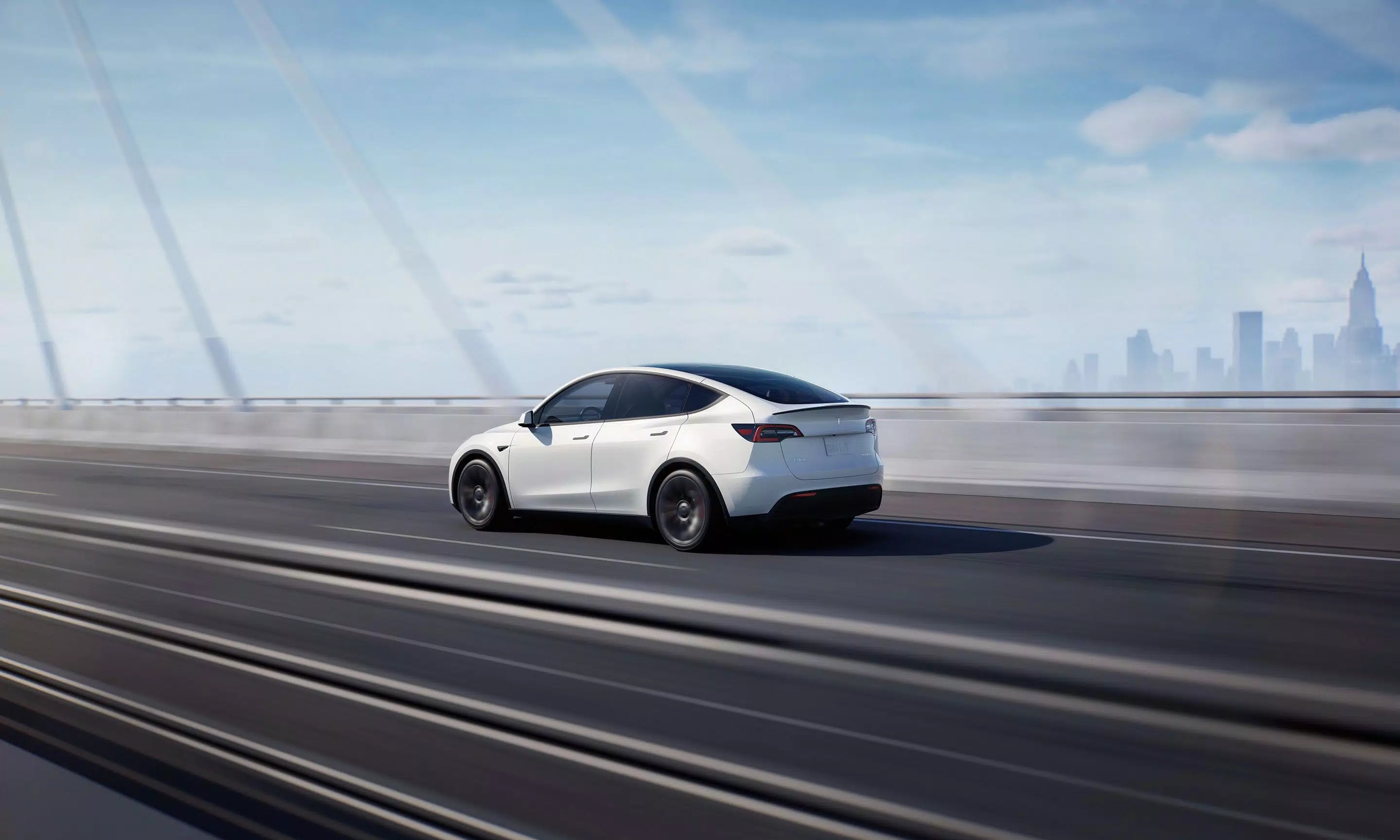
Image source: Tesla's official website
On the other hand, Tesla's current models are already 'veterans,' causing some aesthetic fatigue among consumers. Meanwhile, the overall sales gap with BYD is widening, urgently needing a popular model to boost sales.
Like Trump's constant 'China! China!' Musk is probably thinking 'BYD! BYD!' now.
On October 30, BYD released its third-quarter financial report, with quarterly revenue reaching RMB 201.125 billion, a year-on-year increase of 24.04%. This represents the first time BYD's quarterly revenue has surpassed Tesla's. BYD's surpassing of Tesla has shown clear phased progress over the past two years.
Q2 2022: BYD's global sales of pure electric and hybrid vehicles surpassed Tesla's.
Q2 2023: BYD's gross margin surpassed Tesla's for the first time.
Q4 2023: BYD's global sales of pure electric vehicles surpassed Tesla's for the first time.
Q3 2024: BYD's revenue surpassed Tesla's for the first time.
In three years, BYD has comprehensively surpassed Tesla, and Tesla's aura is gradually fading. In the first half of 2024, Tesla China's cumulative sales reached 426,600 units, a year-on-year decline of 10.47%, including domestic sales and some exports. Additionally, Tesla China's retail sales in October dropped by 43.9% month-on-month, unexpectedly falling out of the top five, from fourth place in September to seventh.
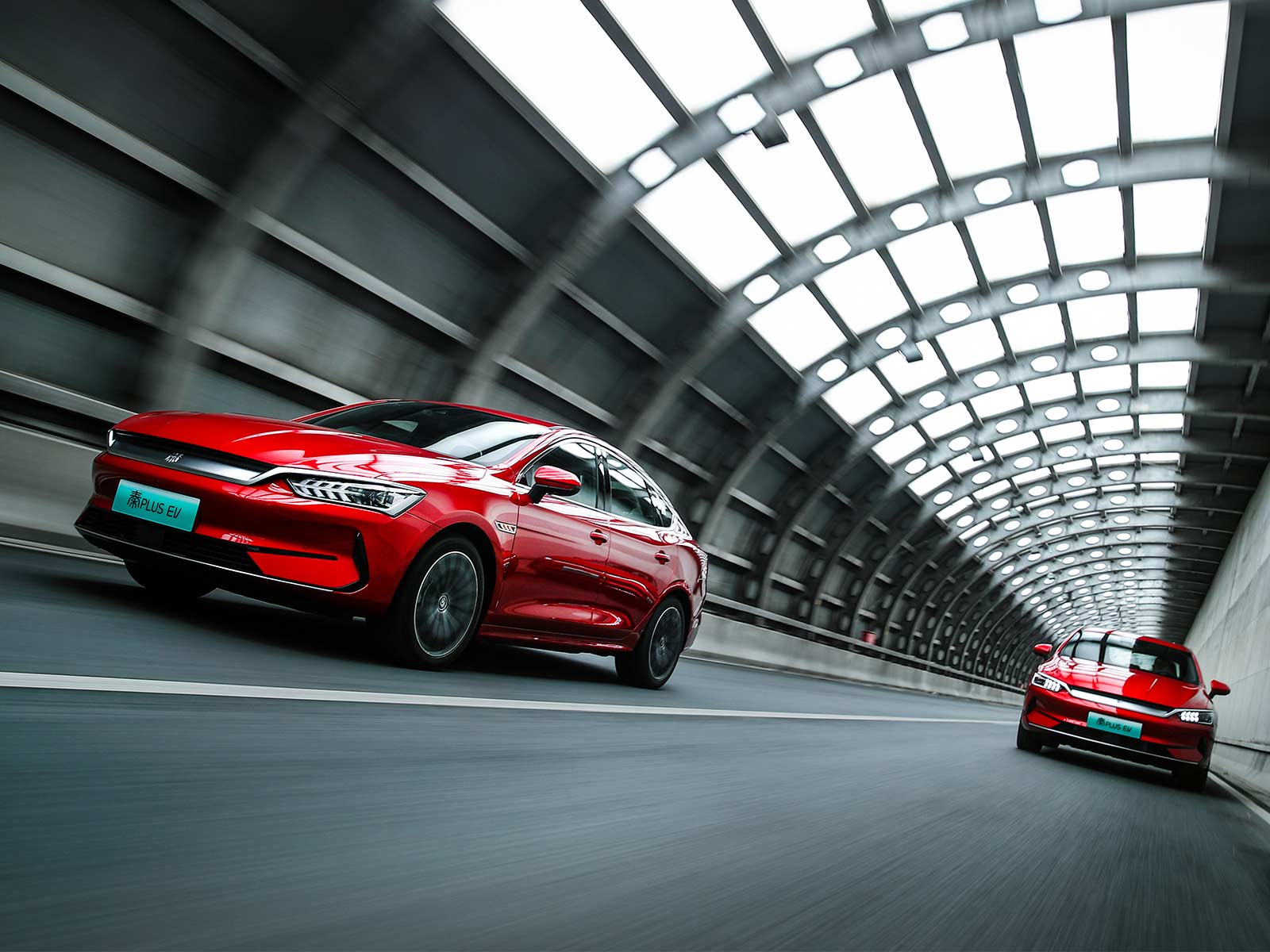
Image source: BYD's official website
Autonomous brands such as Xiaomi, NIO, ZEEKR, and AITO have also entered Tesla's territory, encircling the Model 3 and Model Y. If Tesla continues to rely solely on the Model 3 and Y, patching them up and selling them, the gap with BYD will only widen.
Against this backdrop, whether it's the previously rumored low-cost Tesla or the current large seven-seater family travel tool, the essence is to boost Tesla's sales to the next level. After all, regardless of how big the pie Musk draws with Tesla's Robotaxi in California, car sales are the core business. Only by selling well can other businesses be continuously supported.
The dad car king, Li Xiang, smiles
Many say that with Tesla introducing a seven-seater, Li Xiang is the most worried. From Musk's tone, this new car is primarily targeted at 'families,' coinciding with Li Xiang's focus and potentially becoming its strongest competitor in the future.
Currently, when it comes to keywords like family cars and dad cars, most consumers first think of Li Xiang.
Li Xiang's success lies in accurately grasping the needs of Chinese family car buyers and developing products centered on this. In October this year, Li Xiang's cumulative deliveries exceeded 1 million units in 58 months, becoming China's first new force brand to reach this milestone.
From the perspective of family travel, Li Xiang currently has no competitors.
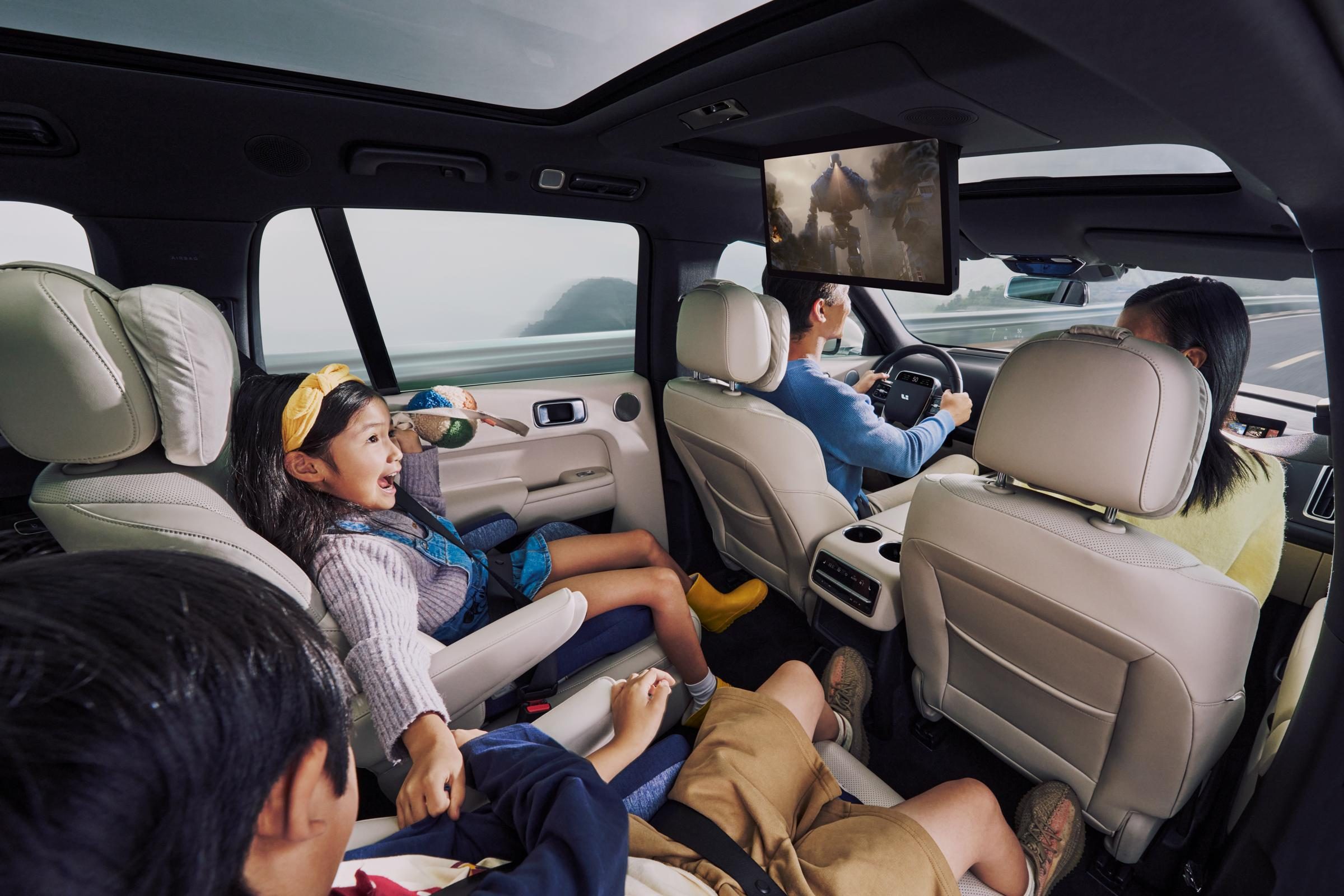
Image source: Li Xiang Auto's official website
Don't underestimate the group of 'Chinese family car buyers.' Data shows that married users account for up to 83.85% of the middle-class car market. That is, such a large market cannot be entirely consumed by Li Xiang Auto; other automakers will surely emerge to share the pie. However, in recent years, the core competition in new energy has been in intelligent driving, and few have ventured into Li Xiang's comfort zone.
Tesla's introduction of a seven-seater is clearly aimed at sharing the pie of family user groups. However, it is premature to say that Li Xiang is panicking just because Tesla is introducing a model similar to its positioning.
The reason lies in the two companies' automotive philosophies. If Tesla is 'software-defined,' then Li Xiang is 'scene-defined.'
Li Xiang excels at addition. It knows what scenes family users need and builds cars around these scenes, satisfying users' desires for 'and, or, also, and even more.' For example, compared to the Li Xiang ONE, the Li Xiang L9 adds features, and users still accept it despite being ten thousand yuan more expensive. Because all the added features bring scenes that users need.
Tesla, on the other hand, excels at subtraction. Musk's first principles are essentially a process of subtraction, including in Space X, which simplifies traditional rockets. This is the underlying gene of all Musk's products.
The biggest difference between the two is that if Li Xiang thinks a scene requires a function, it adds it! Hence, fridges, TVs, and large sofas are all included. Tesla, however, thinks if a function doesn't hinder driving, it cuts it! So lidar and gear levers can all be removed.
But in family SUVs, subtraction may not be a wise move. With Tesla's tuning, features like fridges, TVs, and large sofas are likely to be cut, precisely what family users need.
Different automotive philosophies mean that even if Tesla creates a large seven-seater SUV similar to Li Xiang's, it is not the same species as Li Xiang's L series and will not pose a significant threat.
With Tesla, the 'catfish,' joining the seven-seater family travel market, more automakers are bound to 'follow the trend' and encircle Tesla. What Li Xiang truly needs to prepare for are the other automakers following this catfish. These automakers' level of competition is evident, and Li Xiang may inadvertently get caught in the crossfire.
Winning families wins the world
Regardless, if Tesla launches a large seven-seater SUV in the future, regardless of whether the actual product is still a 'rough house,' the direction is correct. There's an old saying in the Chinese auto market: 'Winning SUVs wins the world.'
SUVs can even revive a brand. In the 1990s, facing bankruptcy, Porsche took a desperate gamble and launched the family SUV Cayenne. Unexpectedly, the Cayenne saved Porsche at the last moment. Even this year, amidst Porsche's poor sales, the Cayenne defied the trend, increasing by 21% and carrying the sales banner.
This is the value of SUVs. According to data from the Passenger Car Market Information Joint Meeting, from January to July, 757,000 SUVs priced above RMB 300,000 were sold, a year-on-year increase of 15.9%, outpacing all other segments.
It's not just Tesla; even Xiaomi, known for its 'racing' gene, plans to launch a large SUV. On November 19, netizens spotted a camouflaged prototype of Xiaomi's extended-range vehicle. Visually, Xiaomi's extended-range car is a 'Li Xiang-like' large SUV.
For an automaker to reach the next level in sales, it cannot avoid a 'family-friendly' SUV. Both Li Xiang and Hongmeng Zhixing have followed this path.
Although Tesla also has SUVs like the Model Y, they are not targeted at family users. Feedback from owners shows that the Model Y excels in performance, intelligence, and energy efficiency but is tuned more towards sports, with a stiff chassis. When driving over bumpy roads or speed bumps, passengers can clearly feel the vibrations, greatly reducing ride comfort. This characteristic excludes many family users.
Interestingly, the 2023 'Report on Trends in Chinese Women's Automotive Consumption' shows that 67% of women participate in family car purchase decisions, with 58% being the primary decision-makers. In family car purchases, it's the wife's call.
So, the question arises: Will the queen of the household choose a performance-oriented car or a comfortable one for the whole family to enjoy? The answer is obvious. No matter how powerful or intelligent a car is, if the big baby in the front passenger seat and the little one in the back are uncomfortable, it's a no-go. From this perspective, it's not just about winning SUVs but winning families that wins the world.
Therefore, when Musk says 'seven seats, family,' he is also revealing the sales secret of today's auto market.
I don't expect Tesla's seven-seater to immediately compete with Li Xiang or Wenjie upon launch. At least, it adds another option for family users, and with Tesla's brand effect, sales won't be bad.
Final Thoughts
Tesla has stated that it will launch several new models in the first half of next year. Combined with the previously leaked budget and family models, both target the largest user groups in the current auto market. If they can be launched on schedule next year, Tesla's future competitiveness will be unstoppable.
I hope this time Musk isn't just talking. It would be embarrassing if, in the end, the stock price rises, competitors are ready, consumers have saved up, and Tesla launches a seven-seater driverless bus concept car.
Cover image source: Tesla
Source: Leitech

